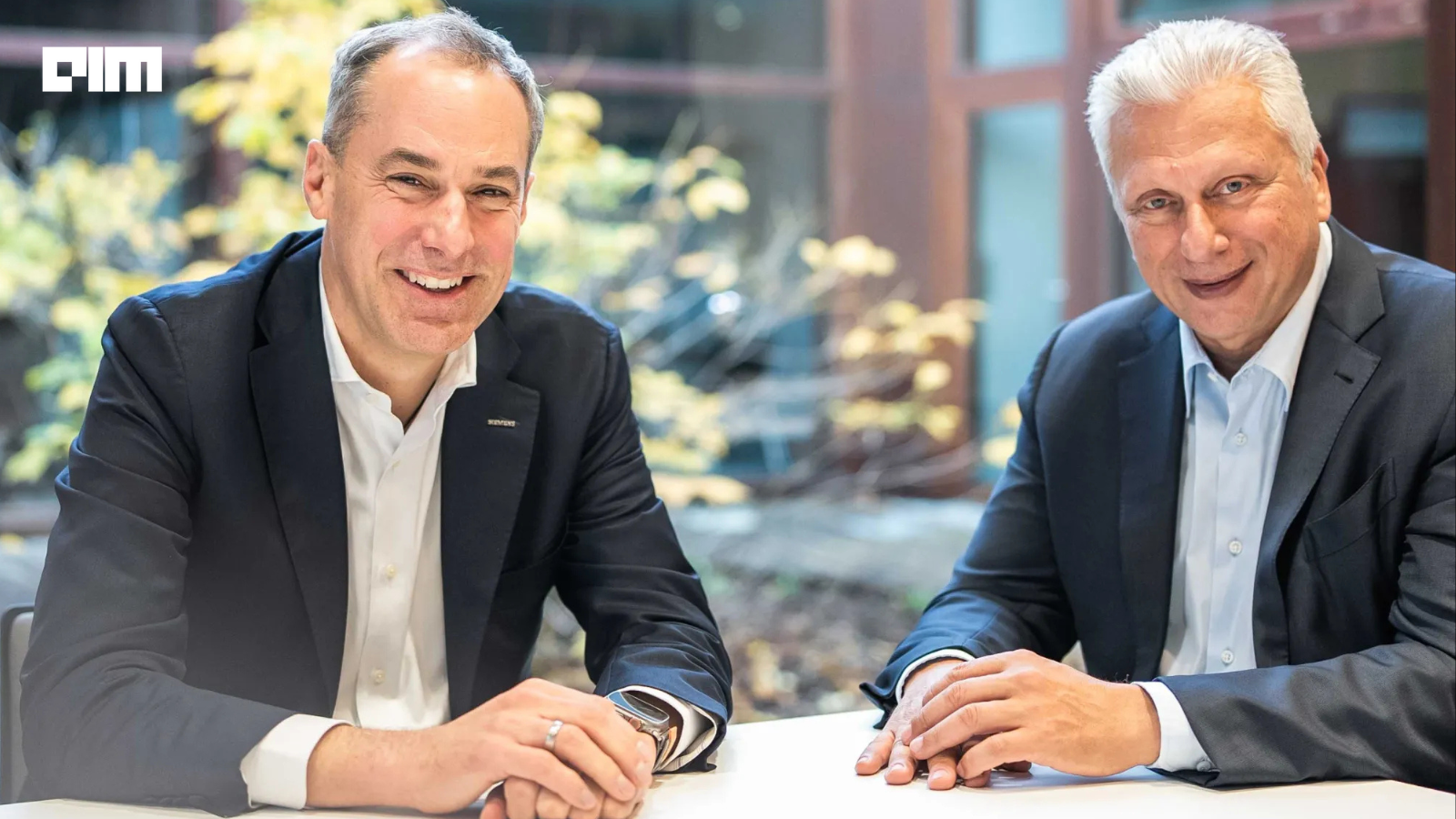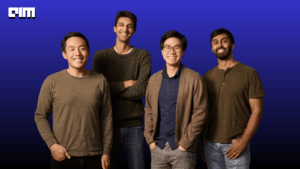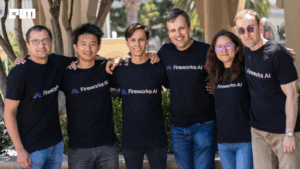Siemens and Capgemini have deepened their long-standing partnership to co-develop AI-native digital solutions targeting product engineering, manufacturing, and operations. This collaboration aims to embed AI fundamentally from inception, rather than as an afterthought. This will enable industries to overcome challenges related to flexibility, scalability, and sustainability.
Siemens AG, headquartered in Munich, Germany, brings deep domain expertise in industry, infrastructure, mobility, and healthcare. The company generated €75.9 billion in revenue and employed around 312,000 people worldwide in fiscal 2024. Its leadership in industrial AI, including generative AI applications, enables impactful solutions across diverse sectors.
Capgemini, a global AI-powered business and technology transformation leader, unites over 420,000 team members working in more than 50 countries. The group reported €22.1 billion in global revenues in 2024. Capgemini’s capabilities include strategy, technology, design, engineering, and business operations, delivering business value and helping organizations embrace digital and sustainable transformation.
Focusing on 16 high-impact capability areas, the partnership combines Siemens’ industrial software, automation, electrification, and sustainability portfolios with Capgemini’s engineering expertise, industry knowledge, and business transformation capabilities. Together, the partners help organizations bridge the gap between business’s technology promise and industrial reality.
“For our customers Capgemini is like a compass, deeply familiar with our customers’ challenges and ambitions. Siemens provides the engine: Technologies like industrial AI, digital twins, and automation. Together, we guide our customers through their digital transformation with speed, precision, and a clear course toward the future,” said Cedrik Neike, CEO of Digital Industries at Siemens.
Capgemini’s CEO Aiman Ezzat added, “By combining our strengths, our ambition is to help clients navigate complexity and realize tangible business impact, setting new benchmarks for operational efficiency. This strengthened partnership underscores a shared commitment to delivering industrial AI and future-ready intelligent manufacturing, creating new value for industries.”
Real World Impact
Siemens and Capgemini are jointly supporting the decarbonization of four industrial sites in the U.S. and U.K. Siemens technologies will help Airbus meet its goal to reduce energy consumption by 20% and Scope 1 and 2 stationary emissions by 85% across its global footprint by 2030.
Utilizing energy system twins, the partners simulate and accelerate the selection of optimal decarbonization roadmaps. Capgemini contributes consulting, project management, and planning expertise.
Sanofi is undergoing transformation to standardize production processes and accelerate the implementation of Manufacturing Execution Systems (MES) globally. Powered by generative AI, the MES acceleration program replaces paper batch records with digital ones, reducing review times by 70%, cutting deviations by 80%, and improving efficiency, quality, and compliance benchmarks.
For GravitHy, Siemens and Capgemini are digitalizing industrial processes to boost operational efficiency and agility, tackling complex energy transition challenges. A key target is reducing hydrogen production costs by up to 10%.
The partnership’s global joint initiative aims at industries such as aerospace, automotive, and life sciences, alongside emerging sectors like hydrogen production and water/wastewater management. To meet growing client needs, Capgemini plans to expand its pool of certified experts across technologies, industries, and geographies, enhancing its Siemens technology capabilities.
With nearly two decades of collaboration, Siemens and Capgemini currently support over 100 clients across 20 countries, leveraging a proven go-to-market model to deliver end-to-end AI-powered industrial solutions.










